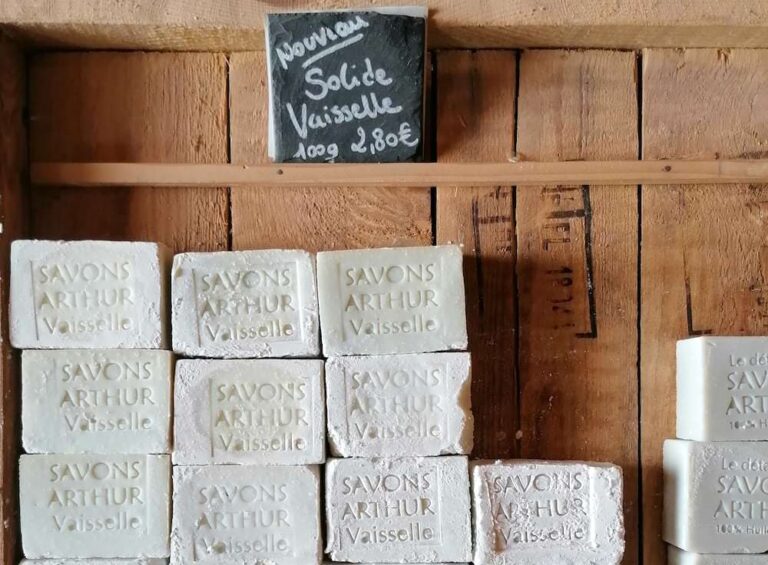à la fois
The French expression à la fois means “at the same time” or “both.” It is used to describe actions, qualities or states that occur or apply simultaneously. The phrase is versatile and appears often in both spoken and written French.
One common use of à la fois is to describe someone or something with multiple characteristics:
- Il est à la fois intelligent et modeste.
He is both intelligent and modest. - Cette chanson est à la fois triste et belle.
This song is both sad and beautiful.
It can also be used to express simultaneous actions:
- Elle parle à la fois au téléphone et écrit un e-mail.
She is speaking on the phone and writing an email at the same time. - Il essayait de conduire et de lire à la fois – une mauvaise idée.
He was trying to drive and read at the same time – a bad idea.
À la fois often appears with conjunctions such as et (and) or in the structure à la fois… et… (both… and…):
- Ce film est à la fois drôle et touchant.
This film is both funny and moving. - Elle est à la fois professeure et chercheuse.
She is both a teacher and a researcher.
You can also use à la fois with abstract ideas:
- La liberté est à la fois un droit et une responsabilité.
Freedom is both a right and a responsibility. - L’art peut être à la fois personnel et universel.
Art can be both personal and universal.
The phrase is often placed just before the elements it connects, but it may also appear at the beginning of a sentence or clause for emphasis:
- À la fois courageux et prudent, il a su gérer la situation.
Both courageous and cautious, he managed the situation well.
In some contexts, à la fois can replace en même temps, which also means “at the same time,” though à la fois tends to be slightly more formal or literary:
- Ils ont répondu à la fois.
They answered at the same time.
However, when talking about simultaneous physical events or strict timing, en même temps is often more idiomatic.
- Les deux cloches ont sonné en même temps.
The two bells rang at the same time.
Still, à la fois works in many contexts, especially when describing a combination of traits or actions that coexist.






